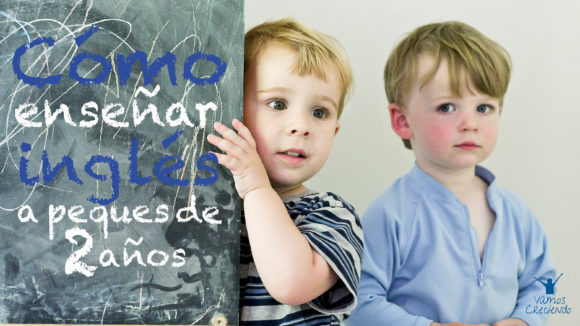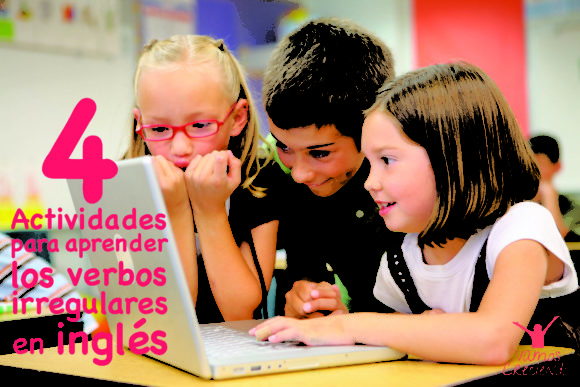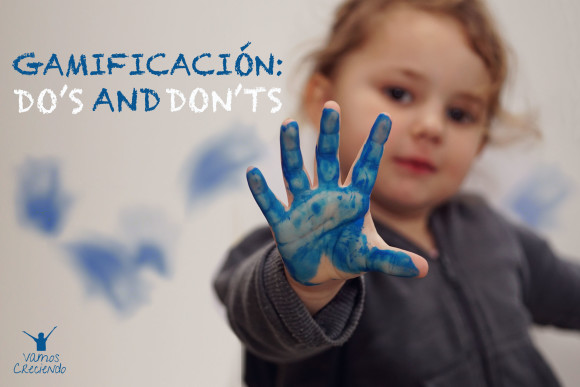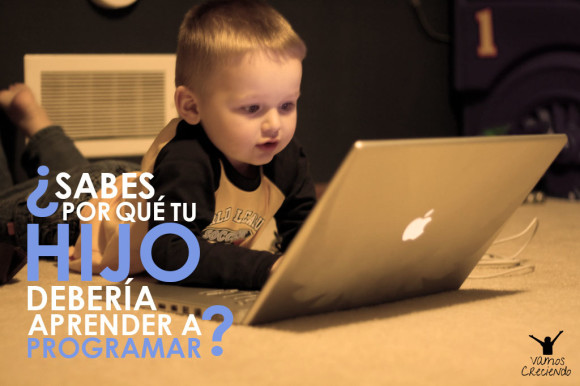
photo credit: Merlin Corner Zoe // Jos Watergraafsmeer via photopin (license)
If you are profe English insurance that one of the main problems that you encounter is to make your students speak English.
We usually teachers "burden" because we do not get our students to express themselves, and when they do often end up doing in their mother tongue. You must keep in mind that it is normal in the world. For them to use a language that is not yours is complicated, and how to do it when not motivated or appeals.
Therefore, in today's post I leave 6 activities to encourage speaking in class and get your students begin to loosen, even a little! 😉







 Español
Español English
English Français
Français Deutsch
Deutsch 中文(简体)
中文(简体) Português
Português
